Giloy Satva Powder – Ayurvedic Immune & Digestive Support – 10gm
₹150
Giloy Satva is typically taken orally in powder form, and the dosage and duration of treatment may vary depending on the individual’s needs and the practitioner’s recommendations. It is important to consult with a qualified Ayurvedic practitioner before using Giloy Satva, especially if you have a history of medical conditions or are currently taking any medications. Additionally, it is important to be aware of potential side effects and contraindications before using any herbal supplement.
The primary active compounds in Giloy Satva include alkaloids, diterpenoids, and glycosides, which are believed to have immunomodulatory, anti-inflammatory, and antioxidant properties. Giloy Satva is commonly used in Ayurvedic medicine for supporting healthy immune function, promoting digestion, and reducing inflammation and fever.
- Delivery & Return
Delivery
We ship to all over the world. All orders are shipped with a UPS tracking number. Always free shipping for orders over 1000. During sale periods and promotions the delivery time may be longer than normal.Return
Adarsh Ayurvedic Pharmacy will accept exchanges and returns of undamaged box within 30 days of the date of purchase (14 days during the sales period), on presentation of the original till receipt at any store where the corresponding collection is available within the country of purchase. Your return will usually be processed within a week to a week and a half. We’ll send you a Return Notification email to notify you once the return has been completed. Please allow 1-3 business days for refunds to be received to the original form of payment once the return has been processed.Help
Give us a shout if you have any other questions and/or concerns. Email: aapdeepak.hdr@gmail.com Phone: 9897902760
Giloy Satva is typically taken orally in powder form, and the dosage and duration of treatment may vary depending on the individual’s needs and the practitioner’s recommendations. It is important to consult with a qualified Ayurvedic practitioner before using Giloy Satva, especially if you have a history of medical conditions or are currently taking any medications. Additionally, it is important to be aware of potential side effects and contraindications before using any herbal supplement.
The primary active compounds in Giloy Satva include alkaloids, diterpenoids, and glycosides, which are believed to have immunomodulatory, anti-inflammatory, and antioxidant properties. Giloy Satva is commonly used in Ayurvedic medicine for supporting healthy immune function, promoting digestion, and reducing inflammation and fever.
Giloy Satva is an Ayurvedic herbal formulation made from the stem of the Giloy plant (Tinospora cordifolia). The stem is processed and powdered to create a concentrated form, which is known as Satva. Giloy is commonly used in Ayurvedic medicine for its immune-modulating and rejuvenating properties.
Buy 10 get one free.
Selflife: 3 Years
| Weight | 10 g |
|---|---|
| Dimensions | 14 × 12.5 × 8.5 cm |
Based on 0 reviews
|
|
|
0% |
|
|
|
0% |
|
|
|
0% |
|
|
|
0% |
|
|
|
0% |
Only logged in customers who have purchased this product may leave a review.
Related Products
Pathyadi Kwath is an Ayurvedic herbal decoction made from a blend of several herbs, including Haritaki (Terminalia chebula), Bibhitaki (Terminalia bellirica), and Shunti (Zingiber officinale).
According to Ayurvedic principles, Pathyadi Kwath is believed to help support respiratory health, particularly in cases of cough and cold. It is also commonly used to support digestive health, promote healthy metabolism, and alleviate symptoms associated with inflammation.
In Ayurveda, Ras Raj Ras is classified as a Rasayana, which means it is believed to have rejuvenating and revitalizing properties that can help improve overall health and vitality.
However, it’s important to note that the use of Ayurvedic medicines should be done under the guidance of a qualified Ayurvedic practitioner, as they can be potentially harmful if not used properly. Additionally, the safety and efficacy of these medicines have not been evaluated by the FDA, so caution should be exercised when using them.
Supari Pak is a herbal Ayurvedic formulation that is commonly used in traditional Indian medicine. It is a sweet and spicy powder made from various herbs and spices, with betel nut (supari in Hindi) being the primary ingredient.
Some of the key ingredients in Supari Pak include betel nut, cardamom, cinnamon, clove, ginger, and honey. These ingredients are believed to have a range of health benefits, such as improving digestion, reducing inflammation, boosting the immune system, and promoting healthy reproductive function.
Supari Pak is typically taken in small doses, usually one to two teaspoons a day.
Basant Kusumakar Ras is believed to work by regulating blood sugar levels, improving digestion, and strengthening the immune system. It is also used to treat urinary tract infections, liver disorders, and pancreatitis. However, it is important to note that Basant Kusumakar Ras should only be taken under the guidance of a qualified Ayurvedic practitioner, as it may have some side effects and interactions with other medications.
It is a herbo-mineral formulation that contains various natural ingredients, including Swarna Bhasma (gold ash), Rajat Bhasma (silver ash), Vanga Bhasma (tin ash), and other herbs such as Haritaki (Terminalia chebula), Bibhitaki (Terminalia bellirica), Amalaki (Emblica officinalis), Shuddha Shilajit (purified asphaltum), and Guggulu (Commiphora mukul).
Dashmool Kwath is an Ayurvedic herbal decoction made from a blend of ten herbs, which include Bilva (Aegle marmelos), Agnimantha (Premna integrifolia), and Shyonaka (Oroxylum indicum). The name Dashmool means ‘ten roots’ or ‘ten herbs,’ and the combination of these herbs is believed to have a synergistic effect and offer a wide range of potential health benefits.
According to Ayurvedic principles, Dashmool Kwath is believed to help balance the three doshas – Vata, Pitta, and Kapha, and promote overall health and well-being. It is commonly used to support the respiratory system, improve digestion, and relieve stress and anxiety.
Dashmool Ghan is typically taken orally and the dosage and duration of treatment may vary depending on the individual’s needs and the practitioner’s recommendations. It is important to consult with a qualified Ayurvedic practitioner before using Dashmool Ghan, especially if you have a history of medical conditions or are currently taking any medications.
Additionally, it is important to be aware of potential side effects and contraindications before using any herbal supplement. Dashmool Ghan is believed to have several health benefits, particularly for the respiratory and nervous systems. The primary active compounds in Dashmool Ghan include alkaloids, flavonoids, and triterpenoids, which are believed to have anti-inflammatory, analgesic, and antioxidant properties. Dashmool Ghan is commonly used in Ayurvedic medicine for reducing inflammation, pain, and anxiety, and promoting overall health and wellness.
According to Ayurveda, Khadiradi Vati is used to balance the Kapha and Pitta doshas in the body. It is commonly used for the treatment of dental problems such as toothache, gingivitis, and bad breath. It is also used to improve digestion and treat stomach disorders.
Khadiradi Vati is known for its anti-inflammatory and antibacterial properties. It helps in reducing inflammation and pain in the gums, and also helps in killing harmful bacteria in the mouth. It is also beneficial for treating skin disorders like acne and eczema.
Marichiyadi Tail is typically applied topically to the affected area and gently massaged into the skin. The frequency and duration of use can vary based on individual needs and the guidance of a qualified healthcare professional. It is important to note that like all herbal remedies, Marichiyadi Tail may cause allergic reactions or other side effects in some individuals, and should be used with caution.
Marichiyadi Tail is an Ayurvedic herbal oil that is made from a blend of several herbs, including Marich (Black pepper), Ajwain (Trachyspermum ammi), and Karpura (Camphor). This oil is commonly used in Ayurvedic medicine for the treatment of joint pain, muscle pain, and stiffness.
The components of Adarsh Tamrakalpam is enriched to cure all types of hepatitis.
Adarsh Tamrakalpam has curative results in liver diseases.
Adarsh Tamrakalpam cures pitta dosha stomach aches and ulcer
Dr. Deepak suggests Adarsh Tamrakalpam is many folds effective if consumed with Adarsh Mednasak Godan vati. The combination also detoxifies the liver and cures Splenomegaly and hepatitis.
Buy 10 get one free.
Selflife: three years.
Haritaki is another important herb in Ayurveda and is considered to be one of the most versatile herbs in the Ayurvedic pharmacopoeia. It is believed to have a wide range of health benefits, including promoting digestion, supporting healthy liver function, and improving cognitive function.
Together, Chitrak and Haritaki are believed to enhance each other’s effects, making Chitrak Haritaki a powerful herbal remedy for digestive disorders and other health conditions.
Chitrak Haritaki is commonly used in Ayurvedic medicine to treat a variety of health conditions, including poor digestion, constipation, abdominal pain, flatulence, anemia, and respiratory disorders. It is typically taken in powdered form, mixed with warm water or milk, or Chitrak Haritaki is an Ayurvedic herbal formulation made from two main ingredients: Chitrak (Plumbago zeylanica) and Haritaki (Terminalia chebula).
Bhringraj tail is typically applied to the scalp and hair, left for a period of time (usually 30 minutes to several hours), and then washed out with shampoo. The frequency and duration of use can vary based on individual needs and the guidance of a qualified healthcare professional. It is important to note that like all herbal remedies, Bhringraj tail may cause allergic reactions or other side effects in some individuals, and should be used with caution.
Bhringraj tail is an Ayurvedic herbal oil made from Bhringraj (Eclipta alba), a plant known for its hair growth promoting properties. The oil is believed to help nourish and strengthen the hair, prevent hair loss, and promote the growth of healthy hair.
Arjuna Ghan is typically taken orally in liquid form, and the dosage and duration of treatment may vary depending on the individual’s needs and the practitioner’s recommendations. It is important to consult with a qualified Ayurvedic practitioner before using Arjuna Ghan, especially if you have a history of medical conditions or are currently taking any medications. Additionally, it is important to be aware of potential side effects and contraindications before using any herbal supplement.
The primary active compounds in Arjuna Ghan include flavonoids, tannins, and triterpenoids, which are believed to have antioxidant and anti-inflammatory properties. Arjuna Ghan is commonly used in Ayurvedic medicine for supporting healthy cardiovascular function, maintaining healthy blood pressure, and reducing cholesterol levels.





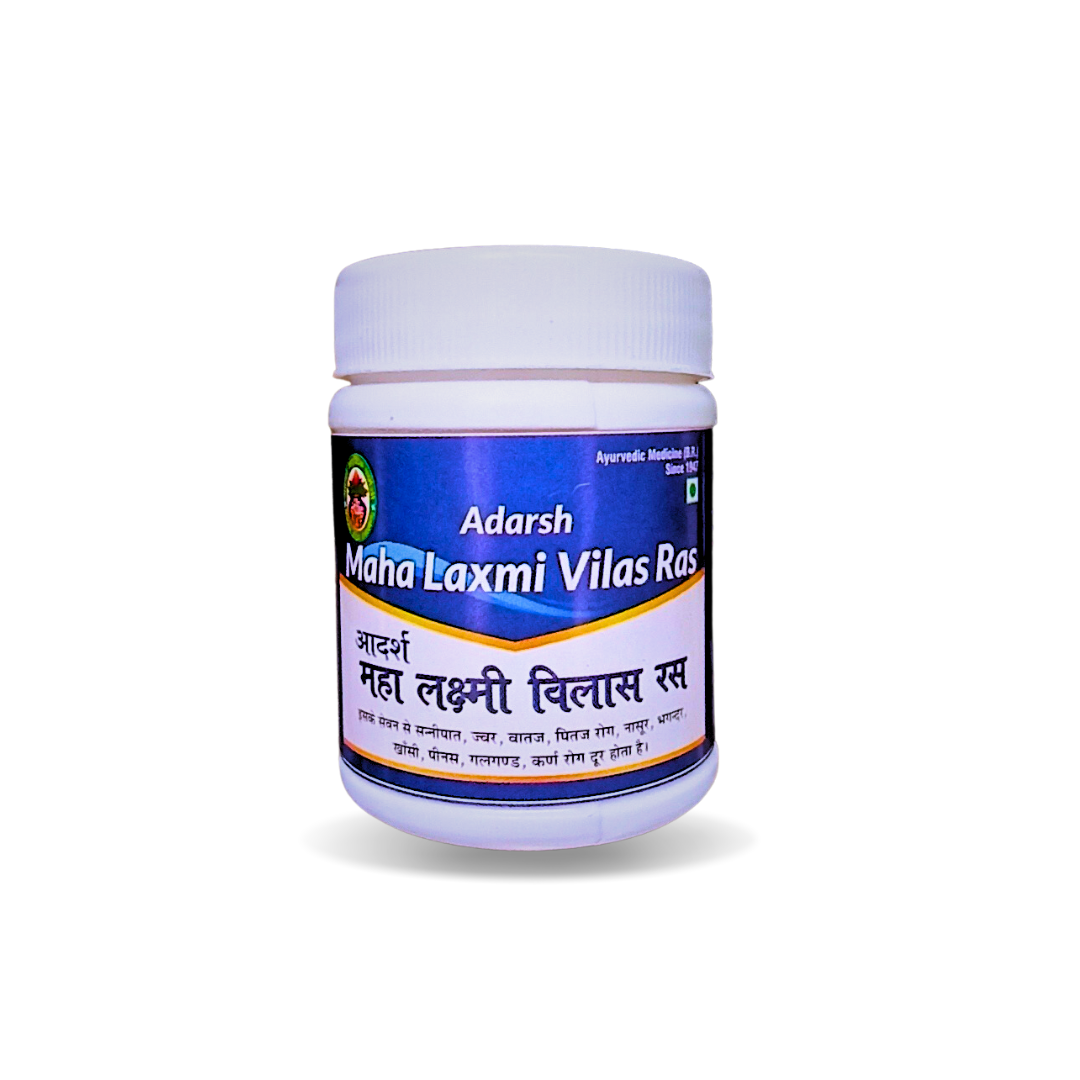
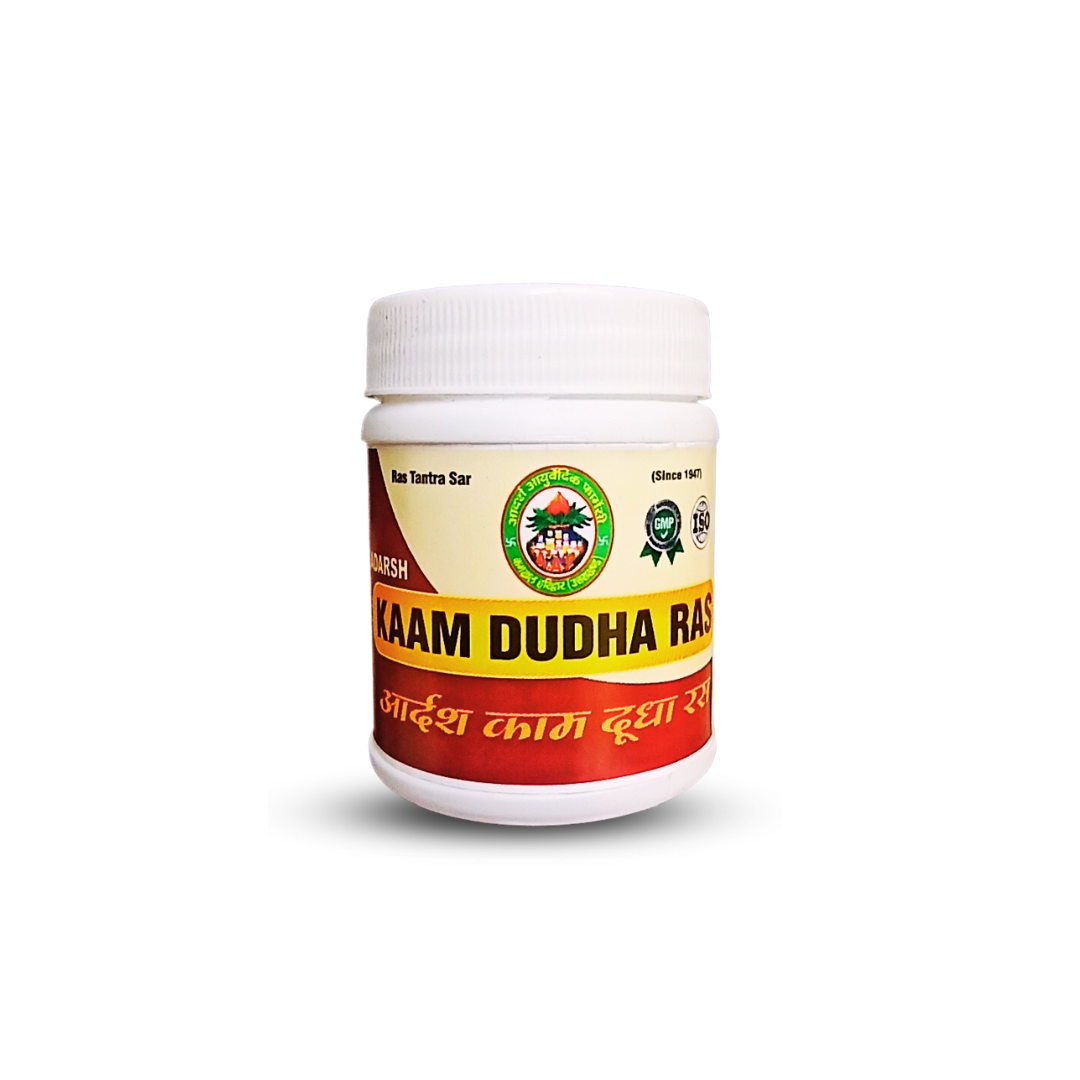


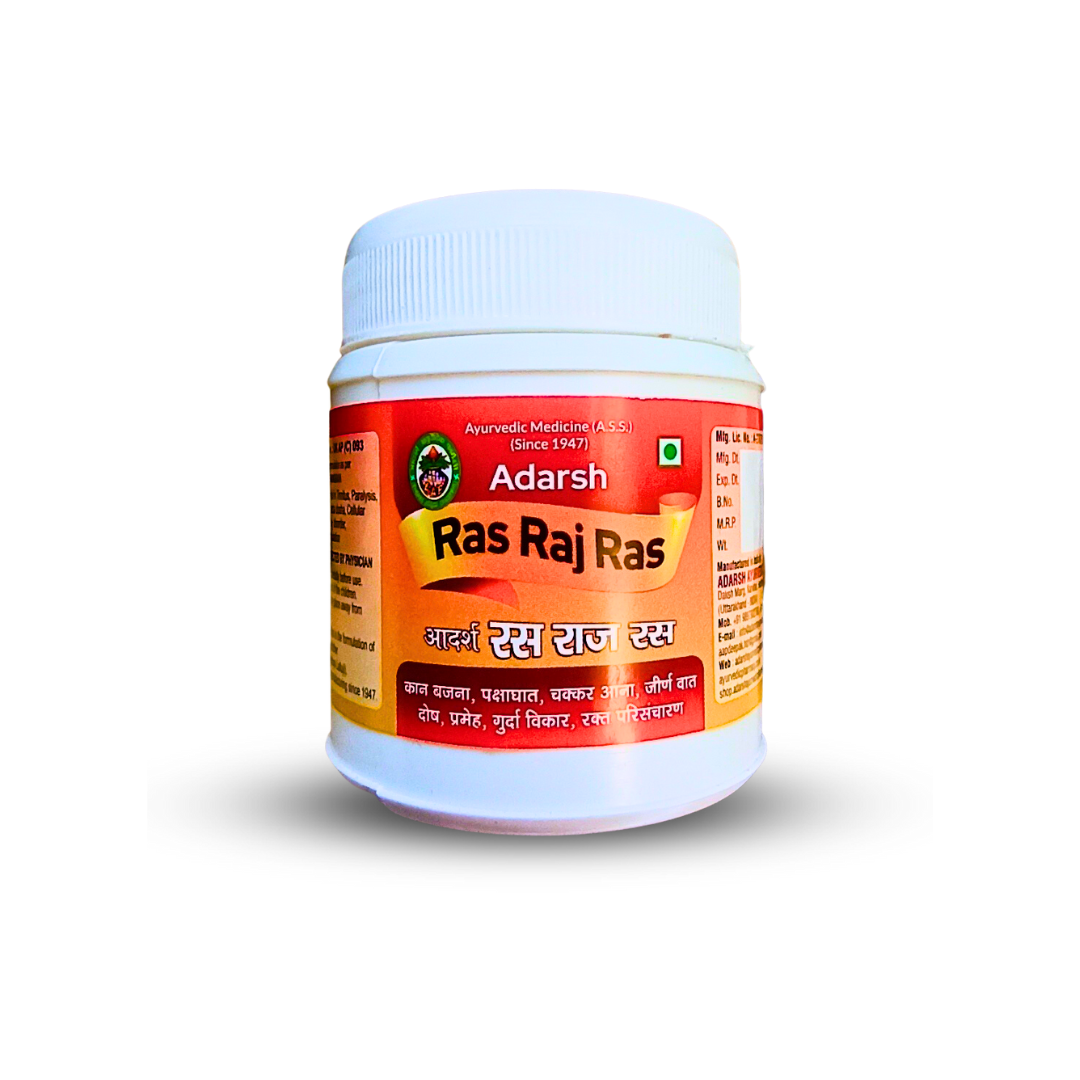
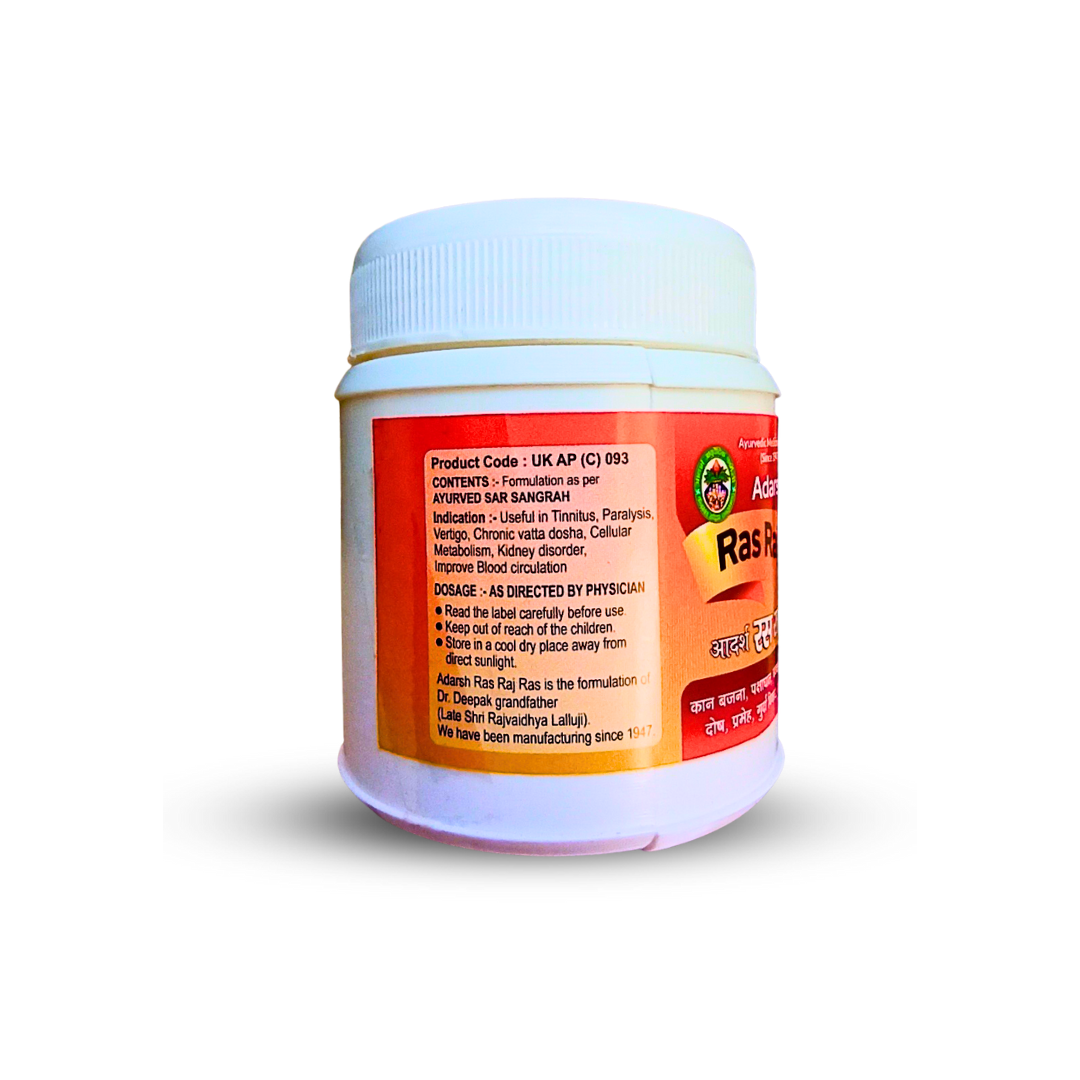


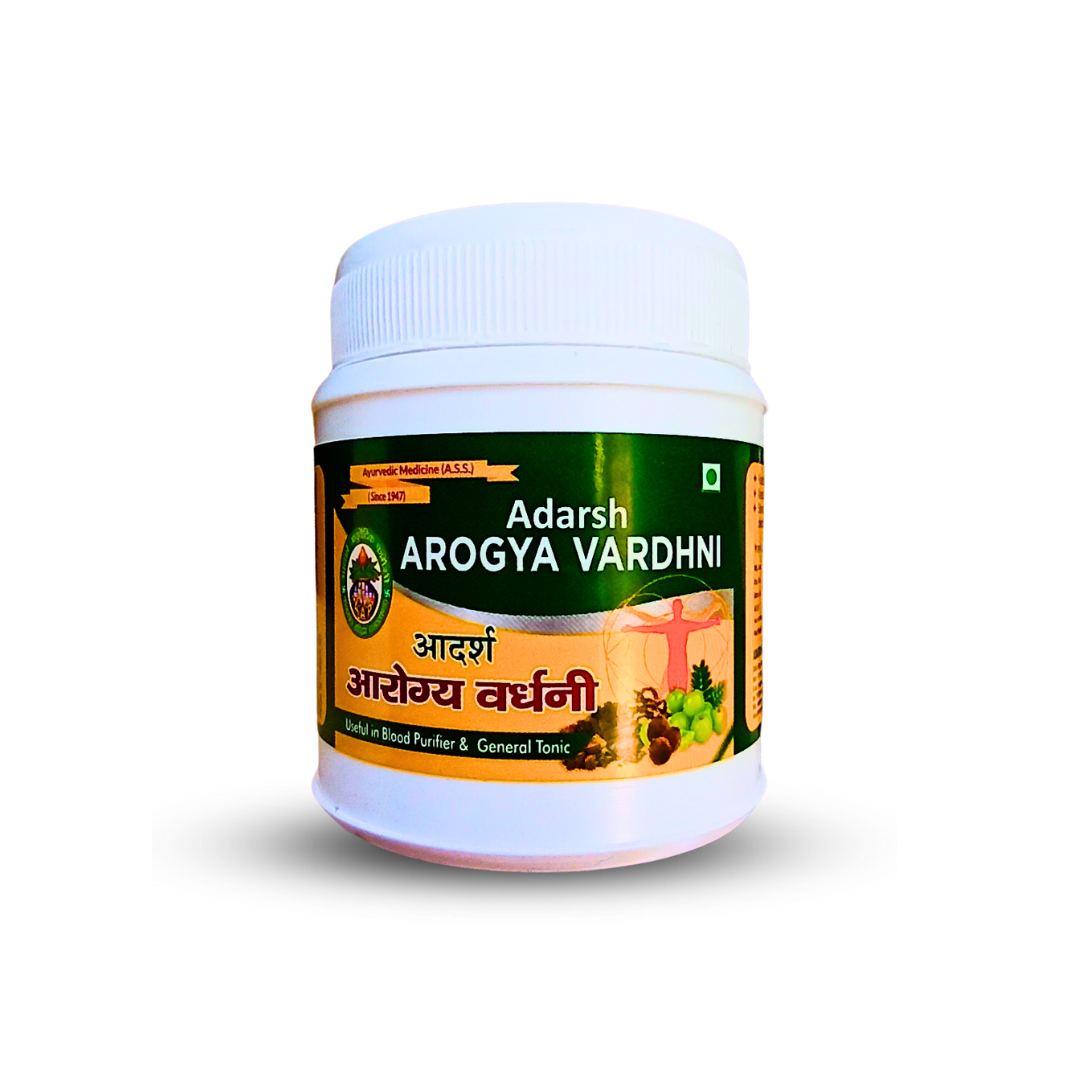

















Reviews
There are no reviews yet.